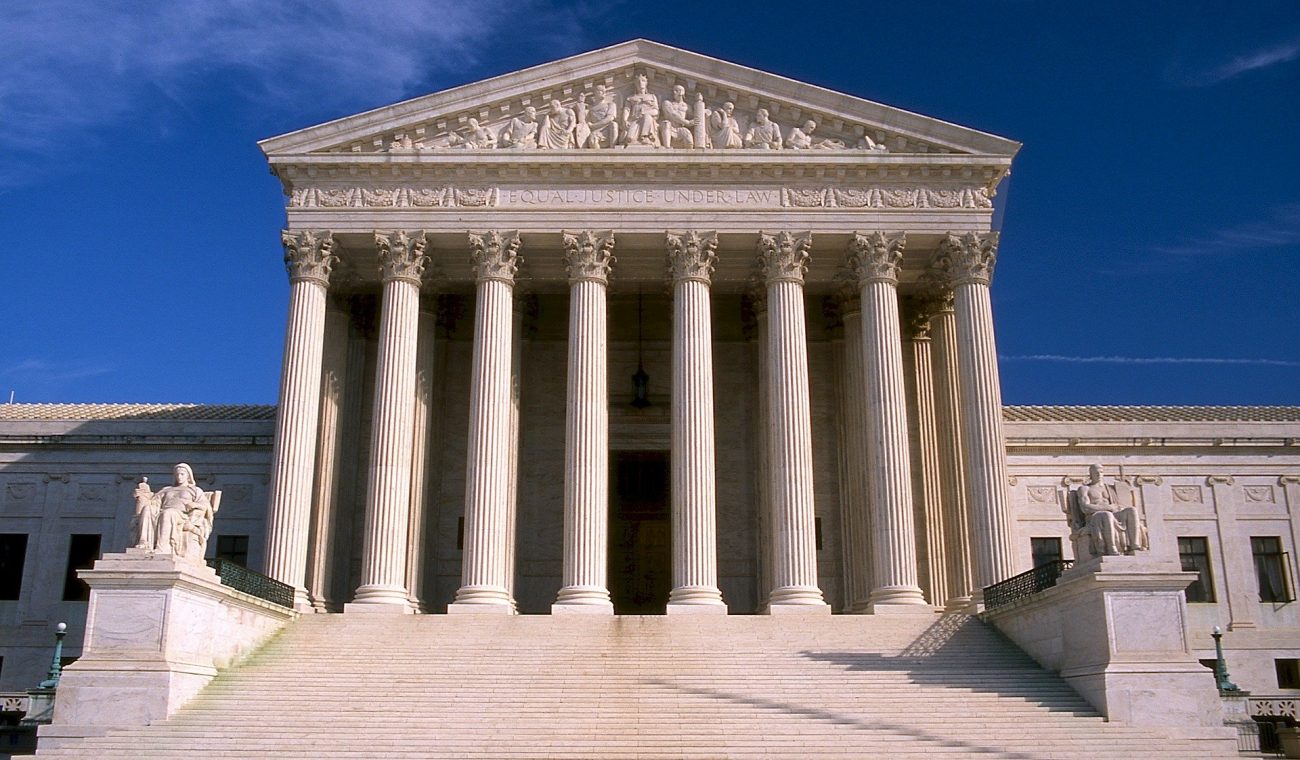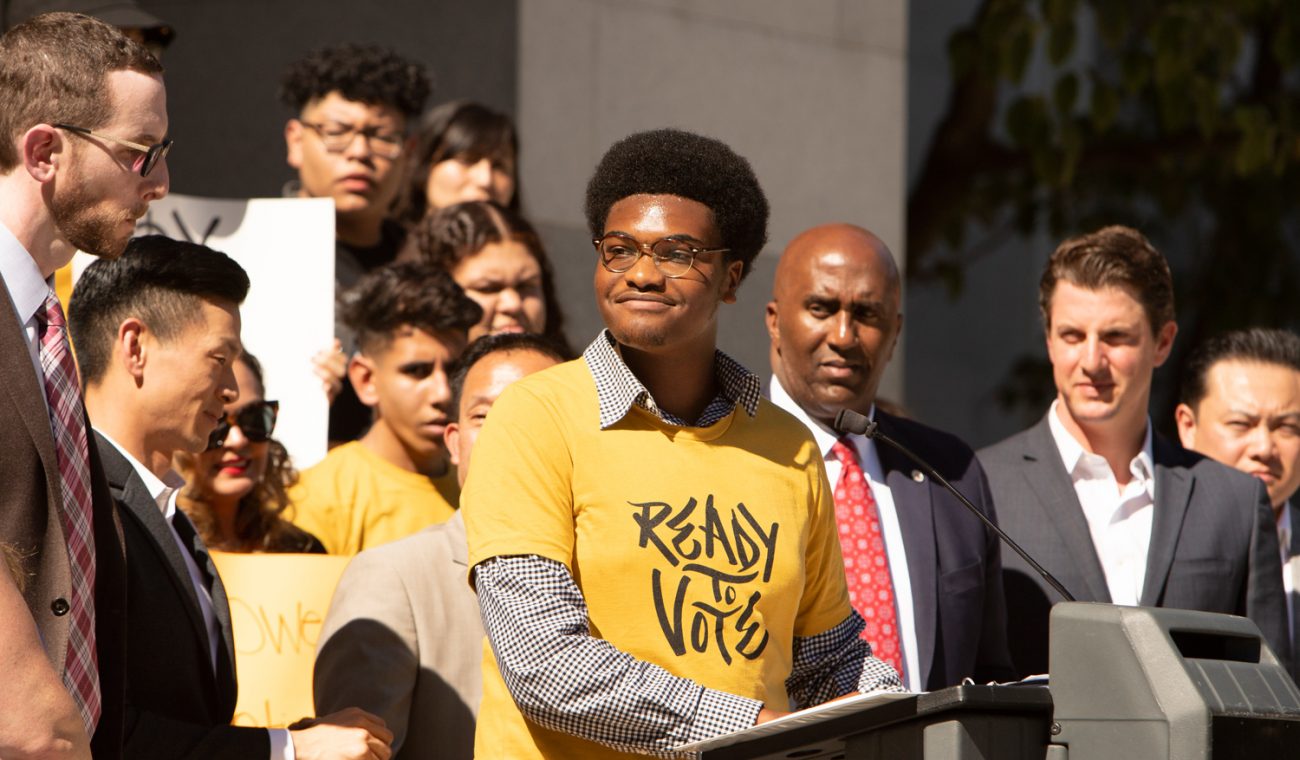US Supreme Court allows SC vote-by-mail restriction to proceed
On the first day of its new term, the Supreme Court reinstated a South Carolina witness-signature law for mail-in ballots which had previously been blocked by a lower federal court. The law requires a person submitting a mail-in ballot to swear an oath that they are qualified to vote, received no help while voting, have a witness present for the oath, and have that witness’ signature on their mail-in envelope. The Court explained that it was not the judiciary’s job to second-guess legislative changes
The legal battles over voting that could swing the US election
Courts in Pennsylvania, Wisconsin, and Michigan have recently given voters using mail-in ballots more time to return and have their ballots counted for the general election in November. Republicans in each of these states are urging state and federal to reconsider these changes. Voting rights advocates are still concerned that mail-in ballots will be dismissed over small technicalities, and both the Biden and Trump campaigns are gearing up for intense and widespread litigation over valid mail-in ballots after Election Day. Visit The Guardian to learn
Young Activist Pushes To Lower Voting Age To 16 As ‘The Logical Next Step’ For Gen Z
19-year-old activist Tyler Okeke believes that 16-year-olds are ready and prepared to vote and is working to get the voting age lowered to 16. Gen Z activists have been crucial in movements to address climate change, gun control, police brutality, and LGBTQ rights. Democratic lawmakers have expressed support for the idea of lowering the voting age, while Republicans lawmakers (and most of the American public) oppose the idea. Visit NPR to learn more.



